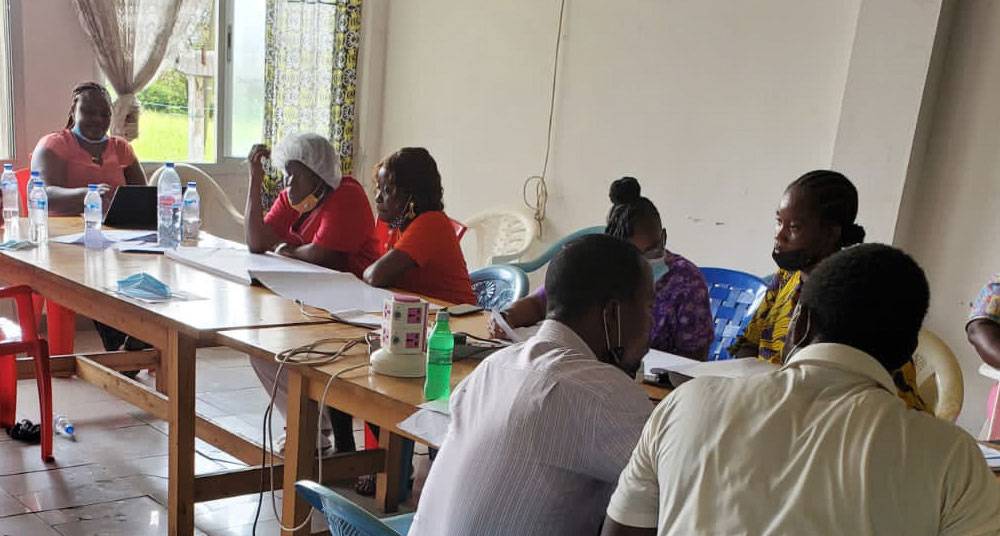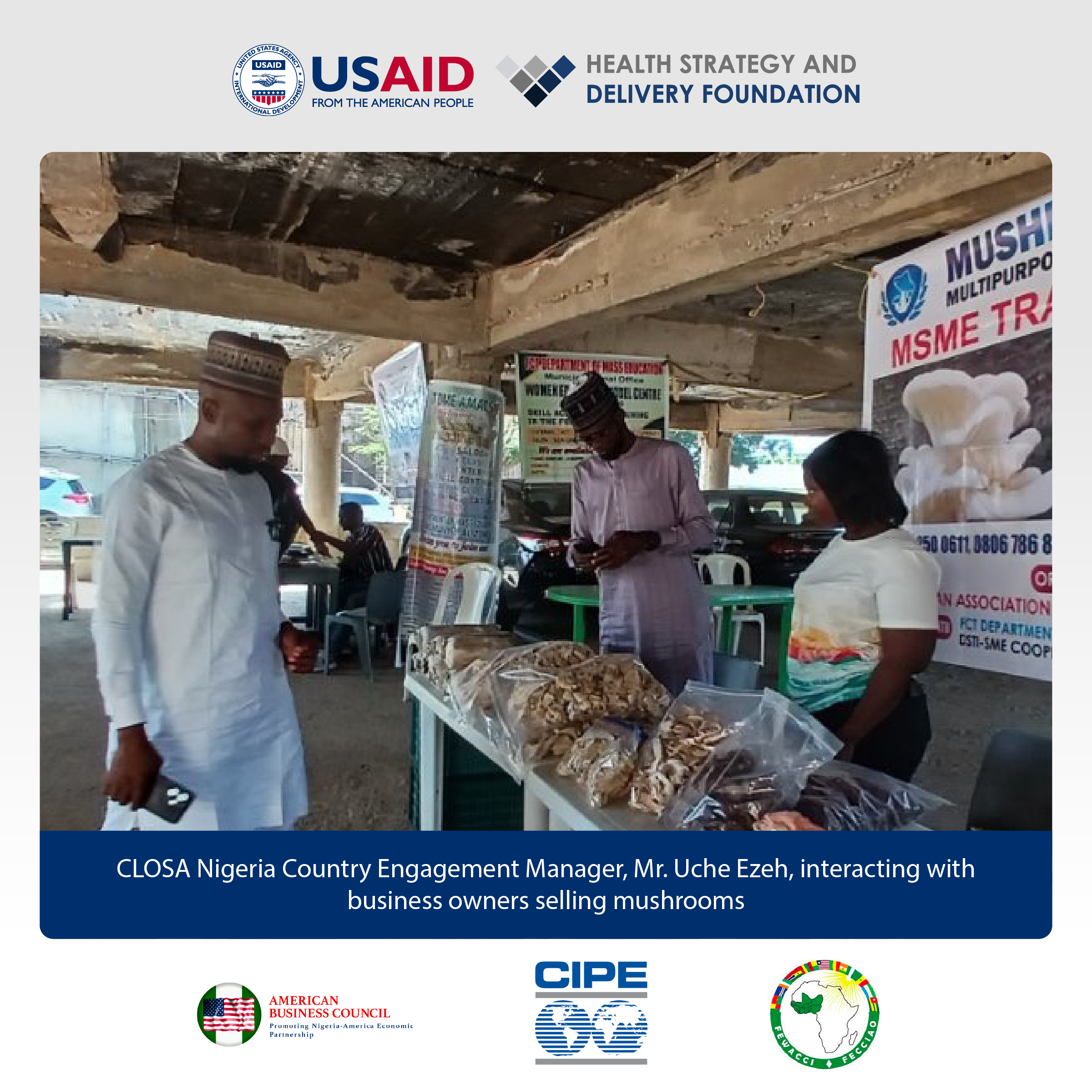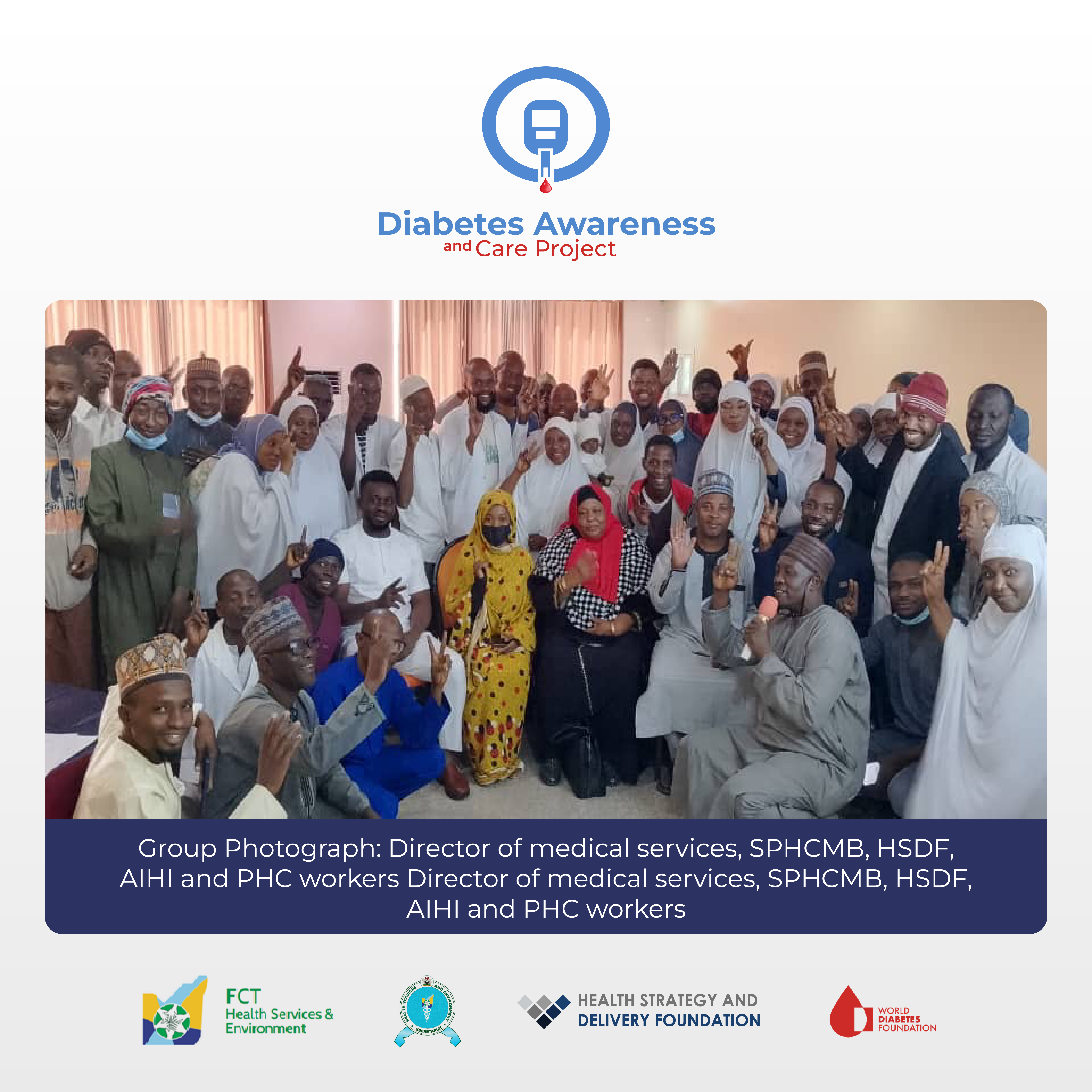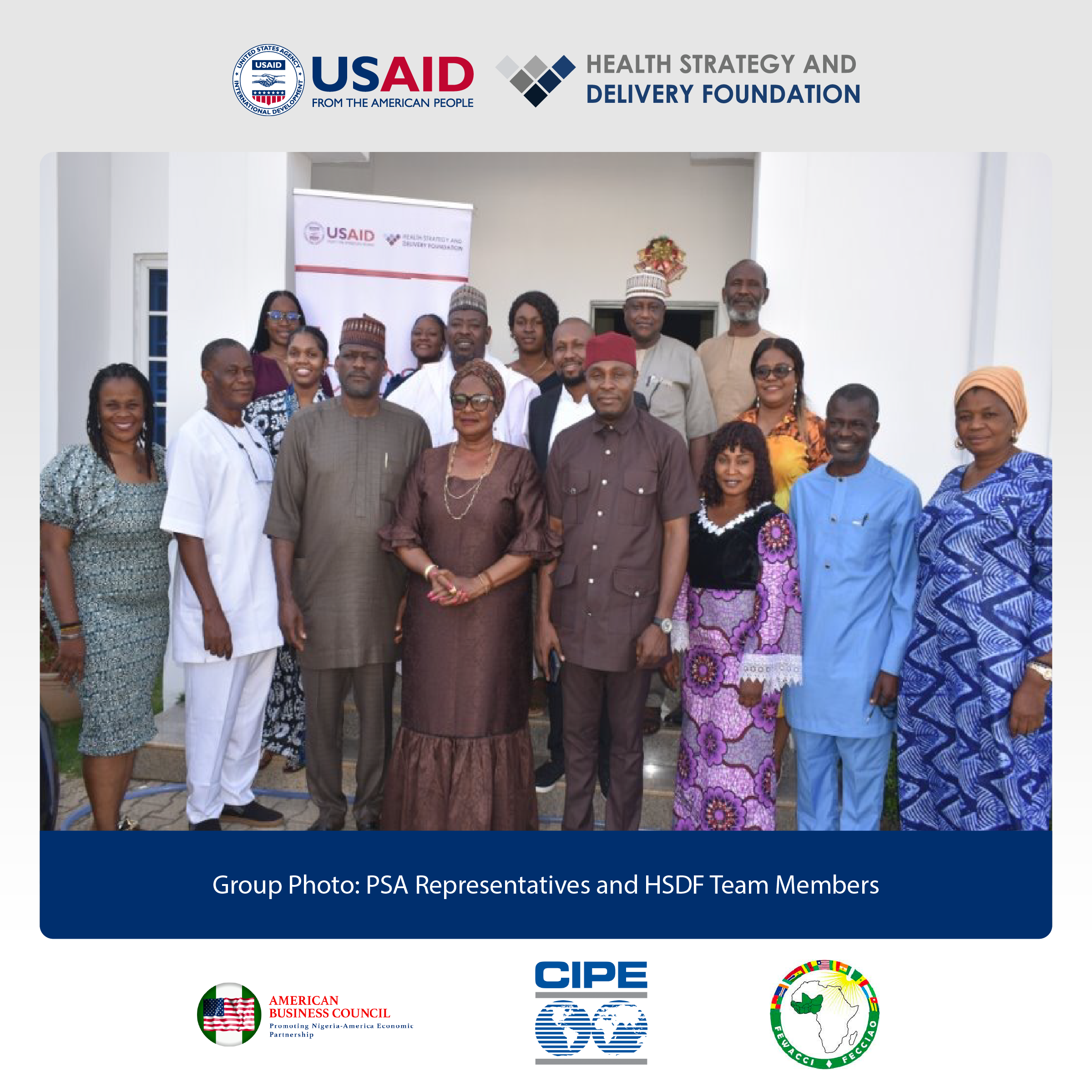HMIS Training in JFK Maternity Hospital, Monrovia, Liberia
Over the past year, leadership from the John F. Kennedy Medical Centre (JFKMC), Liberia and Health Strategy and Delivery Foundation (HSDF) through the Accelerator have been working together to strengthen the hospital’s systems and management processes across the fiscal, supply chain, and service delivery. The intervention aims to improve the quality of care at the hospital.
Within the intervention period, HSDF identified poor data reporting culture on the District Health Information Software (DHIS) at JFKMC, leading to the dearth of service delivery data available for use at the national level. HSDF, through the Accelerator, facilitated engagement between JFKMC’s medical record team and the HMIS, M&E and Research (HMER) unit of the Ministry of Health (MoH) in Liberia to identify bottlenecks to data reporting and devised innovative and definitive activities to abate them. Some of the identified challenges include poor skills and knowledge on the proper use of the data reporting tools, unavailability of the data tools, and overwhelmed staff due to staff shortage
One of the practical approaches deployed was building the competency of the medical record and nursing staff on the proper use of the Health Management and Information System (HMIS) ledgers. This ensures high-quality data is made available from JFKMC, and ultimately available for reporting on the Liberia DHIS. More so, the availability of high-quality data will improve evidence-based decision making in the medical centre.
To achieve this, a three-day training session was facilitated by the HMER team of the Liberia MoH from September 8th-10th, 2021. Thirty-six (36) participants (comprising of medical record officers and nursing staff) were drawn from the various service delivery points of the medical centre. They were trained on the proper use of 15 HMIS ledgers currently used in retrieving patient/client information across the various delivery points of the Maternity and Memorial arms of the Medical Centre. At the end of every training session on the use of a particular HMIS ledger, participants were tested on knowledge gained using case studies. Furthermore, the training engaged didactic methods, using practical examples that were context-specific to engage the participants. The participants, in turn, interacted with the facilitators using the question-and-answer sessions of the training to ensure clarity on the training content.
At the end of the training, the MoH made adequate HMIS ledgers available to participants to ensure the newly acquired teachings are adopted for data management and reporting. The MoH team also committed to providing supportive supervision a month post-training to ensure participants are adhering to the new practice. Also, to address knowledge gaps resulting from new staff recruitment and transfer, which was earlier identified as an attributing factor to poor data reporting, two master trainers were identified among the medical centre staff to attend all the training sessions.
HSDF will continue to monitor the adherence to the proper use of the HMIS ledgers at the various service points, the prompt submission of data onto the Liberia DHIS and data quality assurance.

A cross-section of participants at the HMIS training at JFKMC, Monrovia, Liberia
Recent News
-
DAC Performance and Data Review Meeting in Kano State
19 December 2024
Grants and Business Development Specialist
We are seeking a highly motivated and experienced Grants and Business Development Specialist to join our organization. The successful candidate will be responsible for identifying funding opportunities, developing grant proposals, and fostering partnerships with potential donors and stakeholders (regional and global). This role plays a vital part in securing funds and resources to support our organization’s mission and projects.
Apply NowPublic Health Consultant, Guinea
The consultant (working with the Accelerator team) will collect results from the tool, organize a meeting with stakeholders to discuss results from the tool, and produce a report on key findings and recommendations from the tool to be shared publicly.
Apply NowPublic Health Associate, Senegal
We are currently in search of an experienced Public Health professional in Senegal to work on the anticipated Nutrition Capacity Development and Financing Platform and provide technical assistance to elevate nutrition financing and strengthen local capacity to support these efforts. The Associate must be bilingual (English and French).
Apply Now


